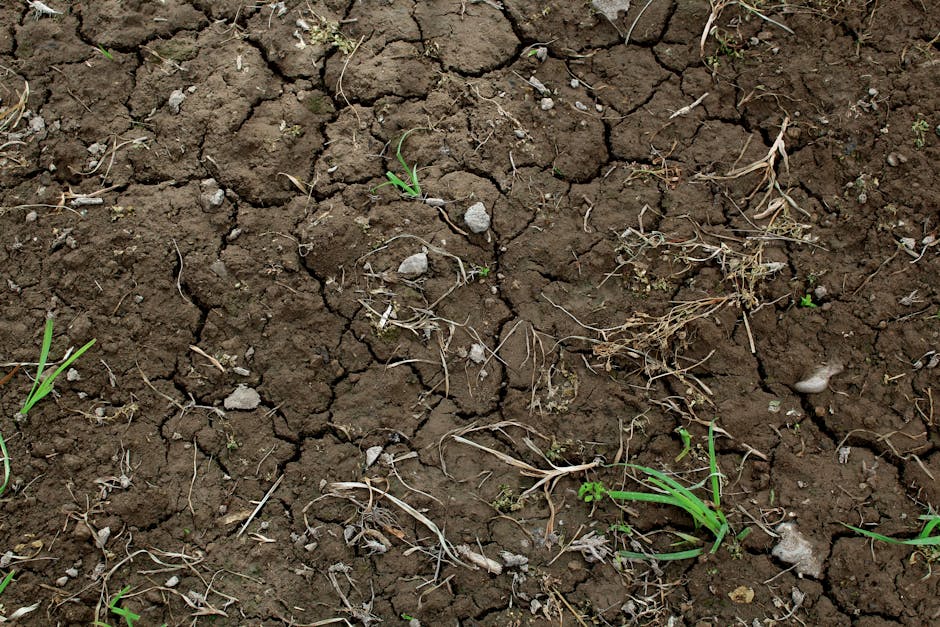
Geophysical or well logging as it's sometimes known is in fact of the most important processes in discovering oil, gas, ground water or minerals. So what is geophysical logging? It is the process of taking information from a sample of ground which is brought to the surface. Data can be taken either through a number of well logging methods including Resistivity, Density, Gamma or Sonic.
Why is this important?
You may need to take data from the ground for a number of reasons; depending on what it is you are looking to find.
Searching for oil or gas (hydrocarbon exploration) is no easy task as it is possible that there can be no visible surface indicators such as gas seeps or pockmarks. This industry will often use wireline logging to generate data from the rock properties. This is the process of dropping specialised logging equipment deep into the ground via wireline.
Water present beneath the ground's surface is known as groundwater. Unknowingly to some, it is cheaper and more convenient to use than other sources of water. With less exposure to pollution, it makes it one of the more favourable sources of usable water in the US. With this in mind, healthy and unpolluted groundwater that has been naturally filtered through the ground can be desirable.
Mineral exploration is also big business as commercially viable concentrations of minerals are a rare find. Professional mineral mining is highly organised and specialised field, and thus rely on a multitude of logging equipment to get highly reliable indicators of the ground.
Others might choose to hire out their equipment from logging specialists who are able to supply the latest equipment for the most accurate data. Some are extremely complicated to use, making it more and more suitable to hire complete logging services such as those offered by Robertson Geologging Ltd.